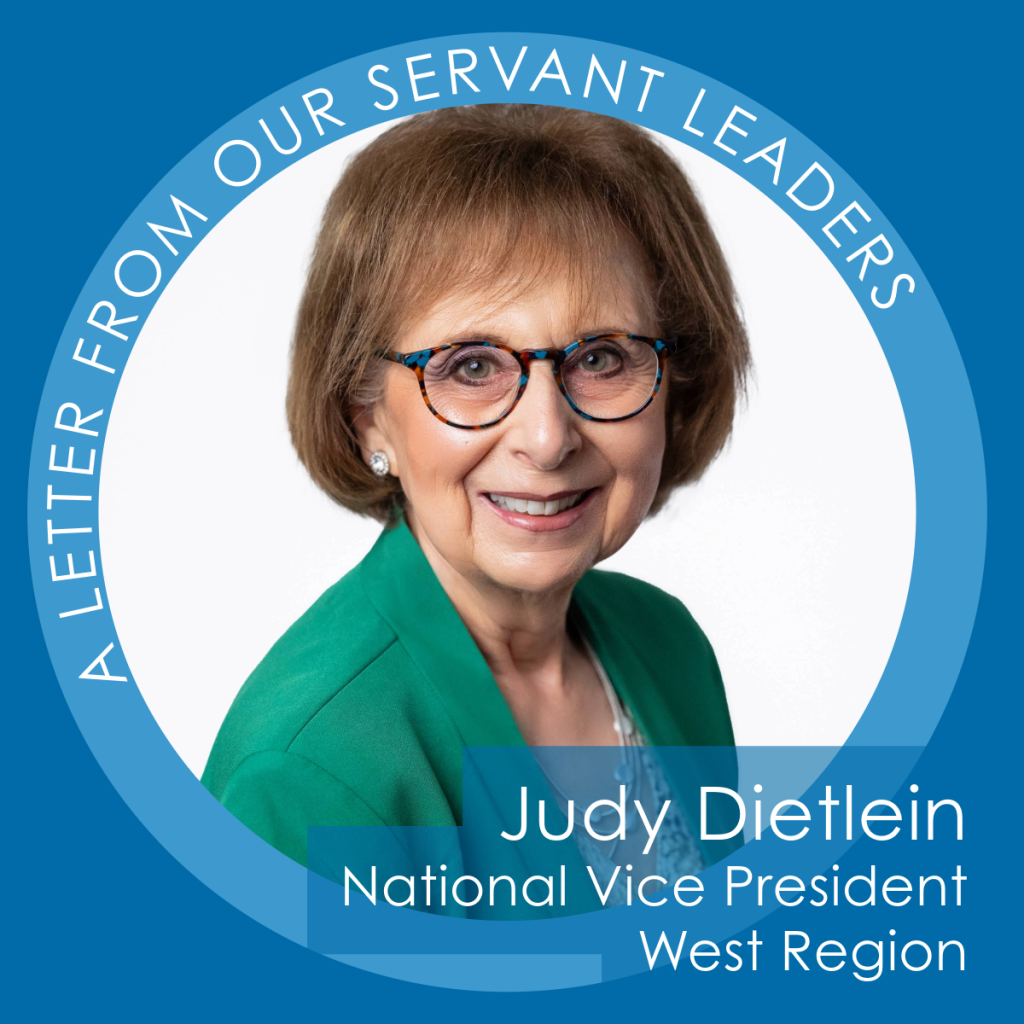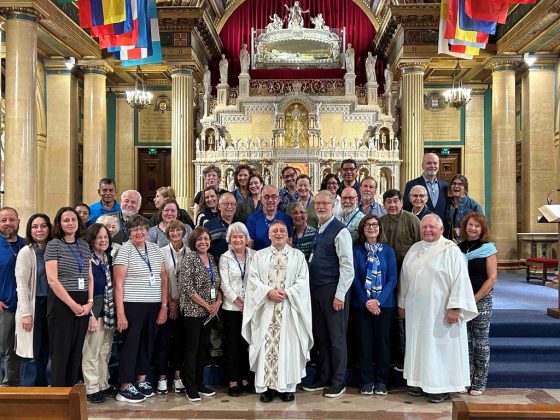 Embracing the Call to Servant Leadership
Embracing the Call to Servant Leadership
With just over four months left in our fiscal year, many presidents are approaching the end of their terms. Some feel relieved and are looking forward to transitioning into a mentoring role. For others, however, it brings mounting anxiety as they struggle to find someone willing to step into the role. My sense is that many fall into the latter group.
So, what exactly is a Servant Leader, and why is it often so difficult to find Vincentians willing to embrace this role?
When we think of the ultimate Servant Leader, we naturally look to Jesus. His entire ministry was centered around serving others. He led not by authority or position, but through humility and compassion. His words in Mark 10:45 remind us:
“For even the Son of Man came not to be served but to serve, and to give his life as a ransom for many.”
In more recent times we first find the term servant leadership in an essay, titled “The Servant as Leader,” first published in 1970 by Robert K. Greenleaf. Greenleaf emphasized that the core of true leadership is a commitment to serve first—and lead second.
By that definition, every Vincentian is a servant leader. Our very mission is to serve those in need with love, respect, and humility. And yet when it comes to taking on leadership roles—especially as president—there is often hesitation. Why is that? Why does the idea of leadership feel intimidating or burdensome, rather than an extension of our Vincentian calling?
Here are some common reasons Vincentians give for not stepping into leadership roles:
- “I don’t have the time.”
- “I don’t have the skills to be president.”
- “I can’t add another meeting to my schedule.”
These concerns are understandable—but they don’t tell the whole story. Many Vincentians already manage busy schedules, attend various meetings, and juggle other commitments. What’s truly needed in a Servant Leader is not a résumé full of technical skills, but a caring heart, a love for the Society, and the ability to inspire and support others.
You don’t have to be an accountant or a corporate executive to serve as president. What you do need is the wisdom to recognize and empower the gifts of others within your conference or council. A good Servant Leader builds a team, draws on the talents of members, and fosters spiritual growth.
Reflecting on my own journey, I’ve been shaped and encouraged by other Vincentians who saw leadership potential in me long before I recognized it in myself. When I had an idea, they encouraged me to pursue it. When I initially declined a council board position due to my work schedule—before the days of Zoom—a leader found another way for me to serve, using my teaching skills to benefit member formation. That encouragement and guidance eventually led me to embrace my own role in Servant Leadership for the West Region.
Here’s what I’ve learned: A Servant Leader doesn’t need to have all the answers or do everything alone. They simply need to be willing to see others—to listen, to guide, to invite, and to trust. Much like our home visits with neighbors in need, the president’s role is rooted in relationship and empathy. Just as we leave those neighbor visits with full hearts, so too does the Servant Leader find deep fulfillment in watching fellow Vincentians grow and thrive in their vocation.
As a leader, I stay connected with members through calls, emails, Zoom, and in-person meetings. These moments aren’t obligations—they are opportunities. I am consistently filled with gratitude for the love and dedication of our members. In sharing what I’ve learned and listening to their challenges, I see God’s hand at work in our Society.
And I never walk this path alone—none of us do. Every conference and council president has support: from their fellow officers, from regional and national leaders, and from the wider Vincentian family. We are One Society. Just as we serve the poor together, we also support one another.
Servant Leadership has been a blessing in my life—deepening my faith, broadening my perspective, and bringing countless moments of grace. My prayer is that you will see this role not as a burden, but as a calling. If you’re asked to serve, take it to prayer. Trust that God sees something in you that you may not yet see in yourself.
Will you consider saying “yes”?
Let your answer be guided by the Holy Spirit, grounded in love for the Society, and open to the joy that comes from serving others.
Judy Dietlein
National Vice President, West Region




Right on!
Yes! It is proven: The more you give, the more blessings you receive.
Thanks for inspiring so many, including me.
Aldo